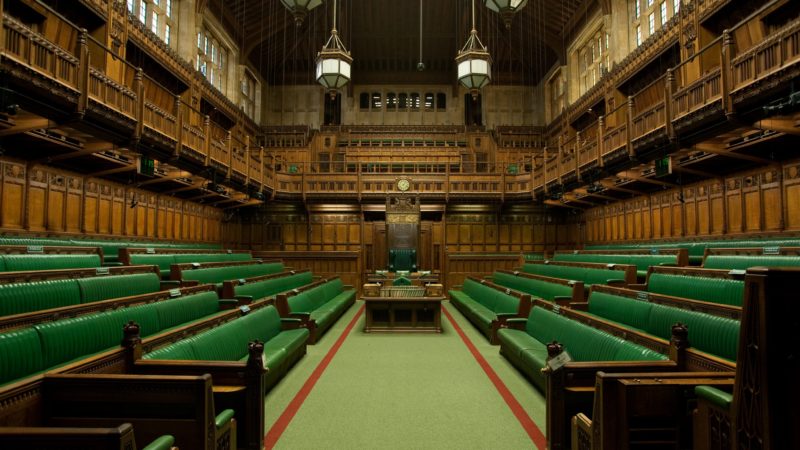
The government’s minimum service levels bill is due to go through its remaining stages in the House of Commons today. The legislation – which would see minimum service levels enforced during strikes in certain areas of the public sector – has been condemned by Labour and the trade union movement as “draconian” and a “vindictive assault” on basic freedoms. Unions could be sued for failing to comply with the new law, while workers could lose their protection from unfair dismissal. Labour has put forward an amendment to the bill intended to safeguard unfair dismissal protections. The party has also set out amendments that would require the government to submit the legislation to greater parliamentary scrutiny, including forcing the publication of assessments of how the bill would impact on individual workers, equalities, employers and unions.
Angela Rayner argued in comments released overnight that Tory MPs “face a clear choice today over whether they will vote to safeguard rights at work or rip up key workers’ protections from unfair dismissal”. The deputy Labour leader said the government was attempting to “rush” the legislation through parliament without proper scrutiny and had failed to consider the risk it “worsens the recruitment and retention crisis, increases the bureaucratic burden on employers or opens the door for discrimination against key workers”. She declared: “Labour is looking to force them to go back to the drawing board with this dog’s dinner of a bill that will do nothing to resolve disputes and instead risks pouring petrol on the fire.”
The TUC has strongly criticised the government over the lack of scrutiny the legislation has received. The union body has submitted a freedom of information request to uncover why the government published the bill without a required impact assessment – a decision that was called out by the regulatory policy committee, the independent watchdog that scrutinises new legislation. TUC general secretary Paul Nowak accused ministers of trying to keep MPs “in the dark” about the “draconian nature” of the bill, declaring: “It is shameful that parliamentarians are being forced to vote blindly on such far-reaching new laws.”
The TUC has received a series of letters of solidarity from unions around the world criticising the UK government over the legislation – which have been shared exclusively with LabourList. Letters have been sent from unions in Algeria, Argentina, Belgium, Brazil, Colombia, France, Guatemala, Norway, Peru, Romania and Spain. Perhaps one of the most powerful contributions came from Peru’s Central Union of Workers (CUT), whose letter delivered a stark warning about the wider implications of the bill, declaring that its passing will have “dire repercussions throughout the world and in Peru in particular”.
International unions have also sent letters to British ambassadors condemning the legislation. In its letter to the British ambassador to Spain, the Unión Sindical Obrera (USO) expressed “deep concerns” about the bill, declaring: “Contrary to UK government claims, these measures would push the UK even further outside of international democratic norms.” A key government defence of the legislation has been that it would bring the UK “into line” with many other European nations, including Spain.
The backdrop to the debate over the legislation is ongoing industrial action across numerous sectors – with the Fire Brigades Union due to announce the result of its strike ballot later today and widespread walkouts scheduled for Wednesday across the education sector, civil service and transport, among others. As Justin Madders writes for LabourList this morning: “Rather than listen to the concerns of these workers… the government has chosen legislation over negotiation.” The shadow employment rights and protections minister argues that the minimum service levels bill “drives a coach and horses through fundamental rights” and reiterates Labour’s commitment to repealing the legislation in government.
Sign up to LabourList’s morning email for everything Labour, every weekday morning.



More from LabourList
‘If Labour is serious about upskilling Britain, it must mobilise local businesses’
Stella Tsantekidou column: ‘What are we to make of the Labour Together scandal?’
‘Unitarisation risks weakening local democracy unless communities are put in the driving seat’